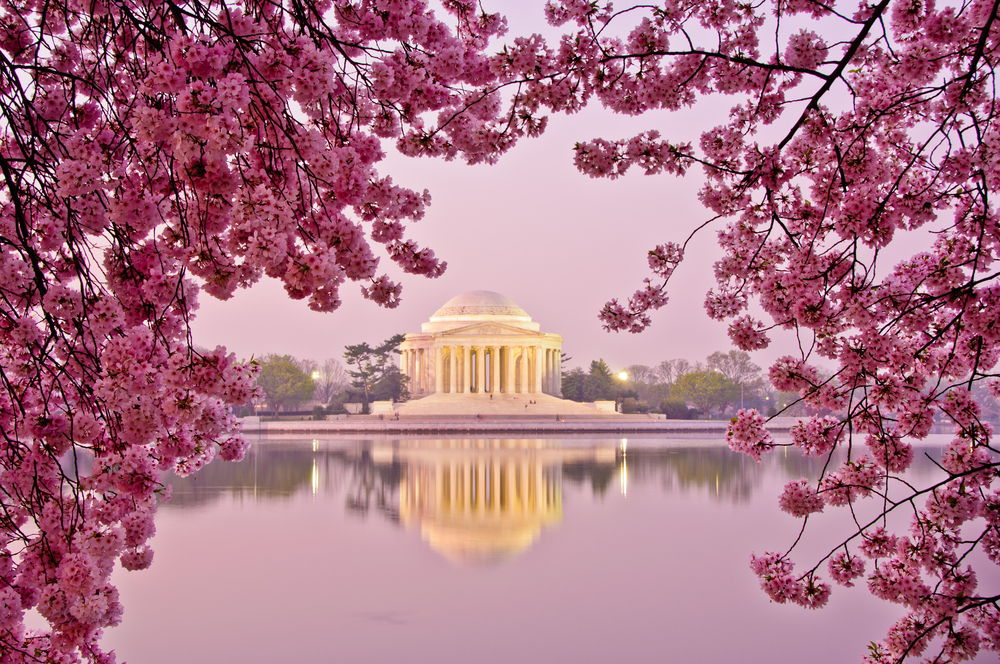
More organizations are speaking out in an attempt to keep funds from DC sports betting dedicated to problem gambling programs.
Mayor Muriel Bowser proposed stripping the $200,000 set aside annually for a problem gambling fund for use elsewhere in her fiscal 2024 budget proposal. The District collected $600,000 so far from DC sports betting taxes, but none of it has been used for problem gambling.
Jeremy Kudon from the Sports Betting Alliance submitted testimony to DC’s Committee on Health on March 30 to state its support for problem gambling funds in the District.
Letter: SBA supports PG programs
While operators have their own problem-gambling tools, they are most effective when supported by public programs, Kudon wrote:
“Legal and regulated sports betting operators provide tools and resources to help players manage their gaming habits and prevent problem gaming, including self-limits on the amount of time spent on the platform, caps on account deposit and betting amounts, and exclusion all together from the app. In addition, legal and regulated sports betting operators have dedicated Player Protection teams to support the monitoring of user accounts for potential problem gaming behavior and language.
“… And above all, consumers are provided substantial responsible gaming resources and messaging directly through the app. These internal protections are most effective when complemented by a publicly- administered problem gaming treatment and prevention program.”
SBA includes DC sports betting ops
The SBA is an industry lobbying group that supports newcomer Fanatics Sportsbook, as well as three of the country’s top operators:
BetMGM and FanDuel have retail sportsbooks at DC stadiums. BetMGM also operates a geofenced mobile app.
AGA: Just latest DC sports betting ‘misstep’
Organizations within the gambling industry and DC leaders have had concerns about DC sports betting for years. The market started in 2019 with a no-bid contract handed to DC Lottery supplier Intralot.
Intralot operates the only District-wide sports betting app, but launched GambetDC with lines that were more expensive than most other US sportsbooks. That led DC sports bettors to line up around the block at Capital One Arena for the in-person William Hill Sportsbook in the middle of the Covid-19 pandemic.
Stripping problem gambling funds is just the latest mistake for the District’s market, American Gaming Association Senior VP Chris Cylke said:
“Unfortunately, this is only the latest misstep by the D.C. Government in their effort to offer a viable legal sports betting market. The AGA will work with other stakeholders to ensure the District makes good on their obligation to provide problem gambling resources, as well as continue to highlight the need for a competitive mobile marketplace that will increase revenue to fund these important commitments.”
Study: DC not first market with PG fund issues
The Responsible Gambling Collaborative published a report in January 2020 that showed multiple states likely did not use funds earmarked for problem gambling issues correctly.
Out of 14 states studied, there were four states that likely did not use tax funds allocated for responsible gambling issues:
- Kansas
- Louisiana
- Missouri
- Oklahoma
Another four states were unclear, as those funds may have been used in another area allowed by the legislature. The states also may have rolled back dedicated PG funding streams:
- California
- Iowa
- Mississippi
- Ohio